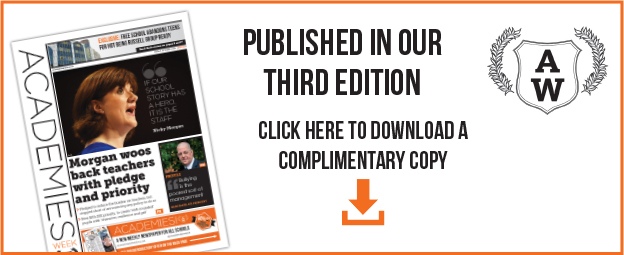
Ofsted has increased its monitoring of school websites, Schools Week can reveal.
In the past three years, 109 inspection reports have included the words “website” or “web site” either in the main findings or recommendations section.
Since 2011, that has increased from nine mentions in a year, to 49 in 2013. In reports released so far in 2014, the words have been mentioned 28 times, compared to any 23 times in the same seven month period last year.
School websites are not specifically mentioned in the Ofsted ‘framework’ – by which Ofsted inspectors judge a school – but. schools have been criticised for not updating their sites with information required under the School Information Regulations (2012), including details about how pupil premium funding is being used and the school’s behaviour policy.
Carlton-in-Snaith Community Primary School in Yorkshire was told it requires improvement after an inspection in July and its report said: “The school’s website does not provide regular updates of what is happening in school, how well pupils are doing and does not host enough activities that can be undertaken by pupils, at home, to enhance their learning.”
Ofsted also told Erdington Hall Primary School in Birmingham, which was given a ‘requires improvement’ rating after a visit in April: “Website information is not always accurate. The school website is accessible and provides all the information that is expected of this resource.
“However some of the information is misleading, as for example, prior to the inspection, parents were informed that the school was good moving towards outstanding.”
The outstanding-rated Stone Soup Academy in Nottingham, received praise for its site, with Ofsted inspectors stating: “The academy has created an excellent website which students use to extend their learning in English, mathematics and other subjects when not in the academy.”
In recent months, Kevin Brennan MP, shadow minister for schools, has asked several parliamentary questions about the information available to parents on websites.
Discussing the issue of school information, he said: “I would not envisage issuing a diktat on exactly what school websites should look like.
“But, I think that a website is a very important way of communicating with parents, pupils and the wider public, including businesses.
“Websites can now be regarded as an outside sign of inward grace.
Often if an organisation, whether a school or a business or an MP, has a website which isn’t functional or updated it can be an indication of something else being wrong in the organisation.
“But it, of course, shouldn’t be the sole way to judge a school.”
An Ofsted spokesman said: “Inspectors are required to look at the content of a school’s website as part of their planning and preparation process before inspection.”
The data was collected with the help of Watchsted.com








Your thoughts